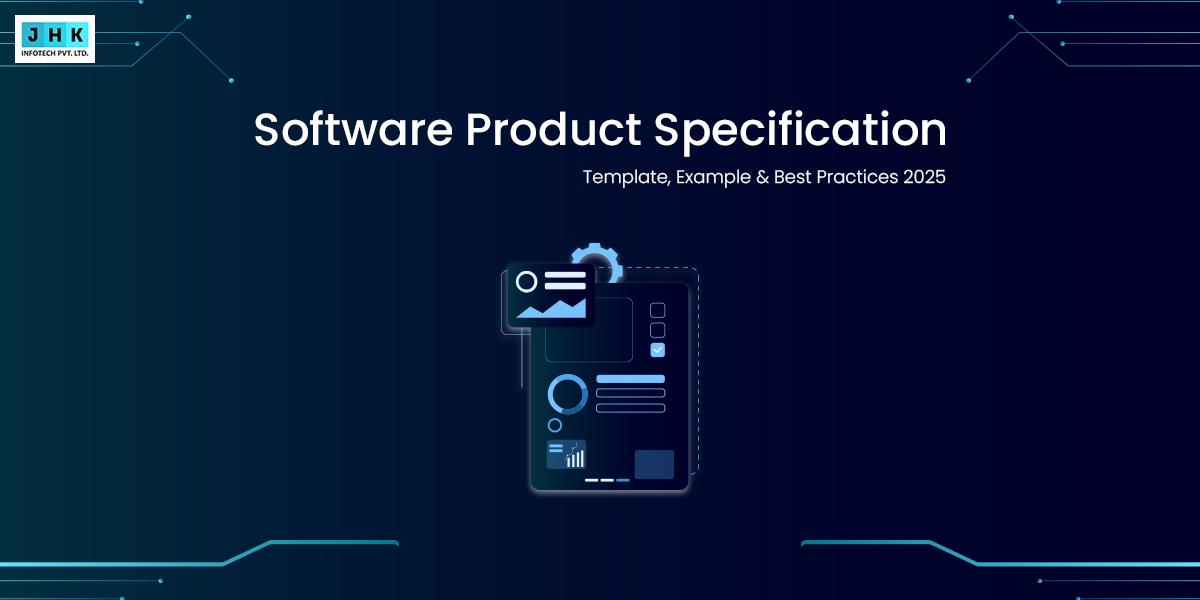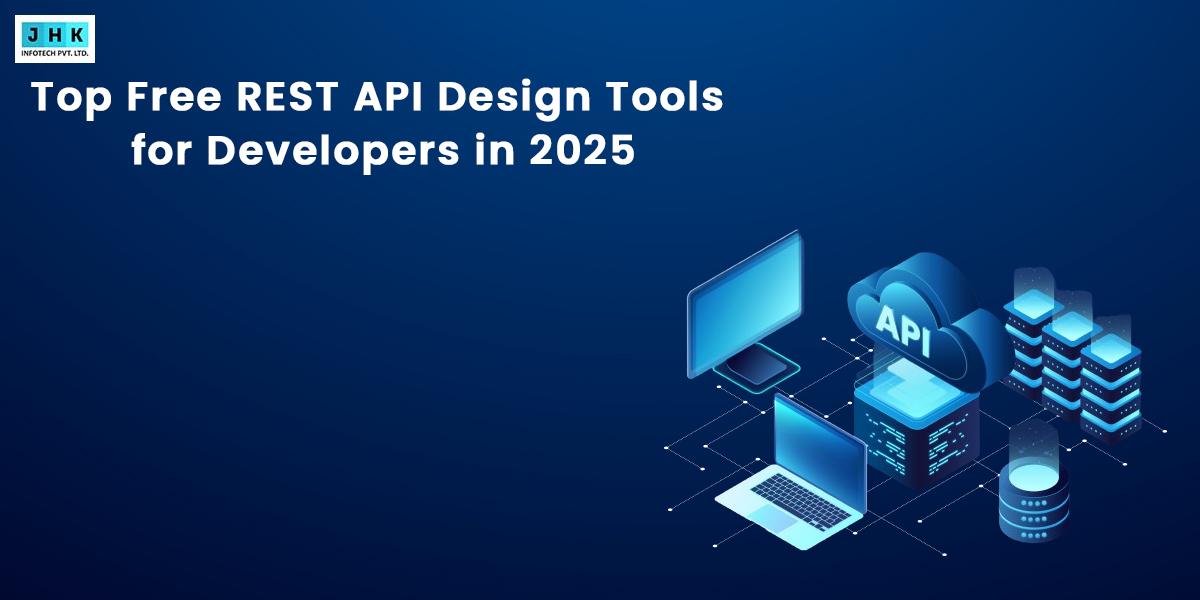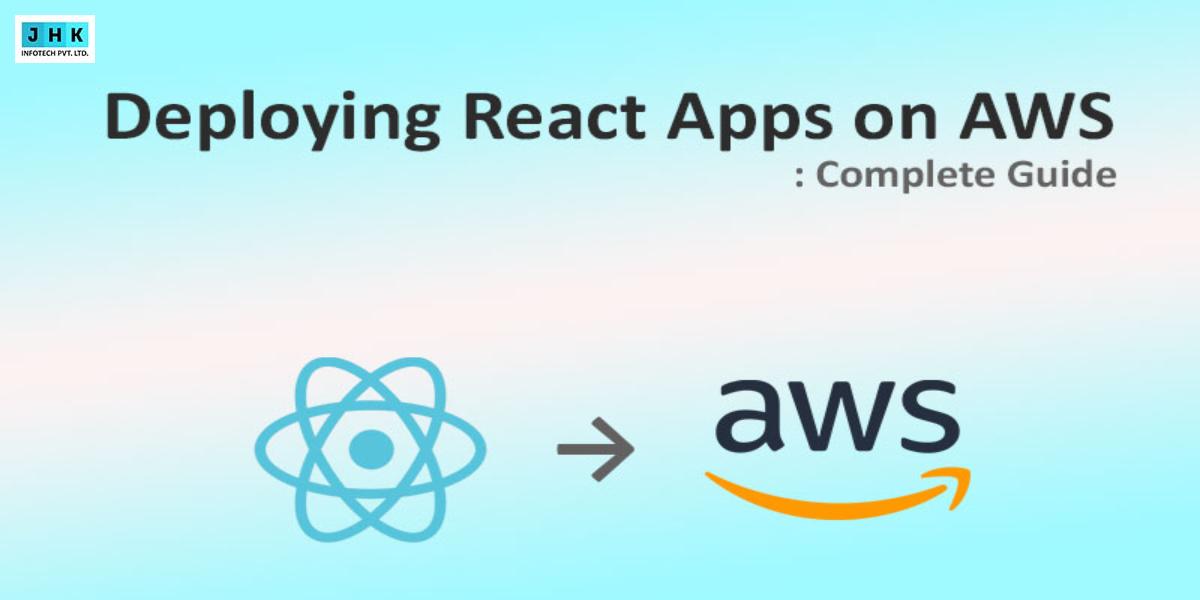Why No Code App Builders are the Secret Weapon for Startups

In today’s hyper-competitive startup ecosystem, speed and adaptability are key to success. Founders are always on the lookout for tools that enable them to launch quickly, iterate fast, and pivot when necessary. Enter No Code app builders the game-changing technology that empowers startups to build powerful apps without writing a single line of code. If you’re a startup founder wondering why so many companies are flocking to No Code platforms, this article will reveal why these tools are the secret weapon you’ve been searching for.
What is a No Code App Builder?
No Code platforms are software tools that allow users to create applications through graphical user interfaces rather than traditional hand-coded programming. These platforms make it possible to develop websites, mobile apps, databases, and more, all without needing advanced programming skills.
Key features typically include:
- Drag-and-drop interfaces
- Pre-built templates and components
- Seamless integration with APIs
- Workflow automation
No Code platforms are all about accessibility. Whether you’re a seasoned business owner or a non-technical entrepreneur, they open up the world of app development to virtually everyone.
The Rising Trend of No Code in Startups
In recent years, No Code tools have skyrocketed in popularity, especially within the startup community. According to various reports, the Global No Code development platform market is expected to grow exponentially in the coming years, and startups are playing a significant role in this growth.
Startups like Lambda School and Dividend Finance have already leveraged No Code platforms to build MVPs (Minimum Viable Products), test market demand, and iterate on ideas without breaking the bank. These tools provide a powerful advantage to early-stage companies by cutting down development time and reducing costs, giving founders more room to focus on growth and customer acquisition.
How No Code App Builders Empower Startups
Reduced Development Costs
For many startups, the cost of hiring developers can be prohibitively expensive. No Code platforms offer a cost-effective solution by eliminating the need for a dedicated technical team in the early stages. This means you can build, test, and launch your product with a fraction of the budget traditionally needed.
Faster Time to Market
The startup landscape moves quickly. No Code platforms allow you to design, build, and deploy applications much faster than traditional development methods. With pre-built components and templates, founders can put together a fully functioning app in weeks instead of months. This rapid development cycle can be the difference between launching ahead of competitors and missing the market entirely.
Lower Barriers to Entry
No-code tools significantly reduce the barriers to entry for non-technical founders, making it easier for them to bring their ideas to life without needing advanced technical skills. Entrepreneurs who don’t know how to code no longer have to rely on expensive technical teams or co-founders. With intuitive, user-friendly platforms, anyone with a great idea can bring their vision to life.
No Code vs. Traditional Development
In contrast to traditional software development, where coding skills are necessary, No Code platforms offer a simpler, faster, and often cheaper alternative. However, the debate between No Code and traditional coding isn’t about which is “better”—it’s about what’s right for your startup at a particular stage.
Why Startups Choose No Code Over Traditional Development
Startups often choose No Code because they need to move fast without spending a fortune. For early-stage ventures where testing product-market fit is essential, No Code offers a perfect solution to rapidly develop prototypes or MVPs that can be easily adjusted based on user feedback.
Key Benefits of No Code App Builders for Startups
Flexibility and Adaptability
Need to change something quickly? With No Code, it’s simple. Traditional development often requires going through a long process just to make minor adjustments. With No Code, you can tweak, adapt, and pivot much more rapidly.
Cost Efficiency
By eliminating the need for developers, startups can drastically cut costs in their initial phases. Furthermore, No Code platforms typically come with affordable subscription models that scale with your needs.
Faster Iteration and Prototyping
Whether it’s gathering feedback from early adopters or responding to market changes, No Code platforms allow startups to iterate quickly. Prototypes can be built, tested, and refined in a fraction of the time.
Popular No Code App Builders for Startups
If you’re looking to dive into the world of No Code, here are a few of the most popular platforms to explore:
- Bubble – Ideal for creating web apps with a lot of backend logic.
- Webflow – Great for designing visually appealing websites.
- Adalo – Specializes in mobile app development.
- Airtable – Acts as a database and a No Code builder for simple applications.
How No Code Levels the Playing Field for Non-Tech Founders
The greatest advantage of No Code tools is their ability to empower non-technical founders. Gone are the days when entrepreneurs needed to find a technical co-founder or spend thousands on outsourced developers. With No Code, anyone with a vision can turn their ideas into fully functioning applications.
Breaking the Misconceptions About No Code App Builders
Misconception 1: No Code is Only for Basic Apps
A common misconception is that no-code platforms are only suitable for creating simple applications, but in reality, they can be used to build complex and powerful solutions as well. However, with advanced platforms like Bubble and Webflow, complex, feature-rich apps are entirely possible.
Misconception 2: No Code Lacks Customization Options
Another myth is that No Code apps can’t be customized. While it’s true that there are some limitations, modern No Code platforms offer a wide range of customization options, including integration with custom code for those who need it.
No Code and Scalability: Can No Code Apps Grow With Your Startup?
One common concern is whether No Code platforms can handle scale. The good news is that many No Code solutions are built to scale. Platforms like Bubble and Adalo allow you to upgrade and handle increasing user demand easily. Some startups have even scaled their No Code apps to thousands of users without issue.
Integrating No Code Apps with Existing Systems
Another benefit of No Code platforms is their ability to integrate seamlessly with existing tools and systems. Through APIs and automation tools like Zapier, startups can create workflows and automate tasks without extensive development effort.
Challenges and Limitations of No Code App Builders
While No Code platforms offer numerous advantages, they aren’t without their challenges. Here are some limitations to consider:
- Security Concerns – With any app, security is crucial. No Code platforms may not offer the same level of control over security as traditional coding.
- Limitations in Advanced Customization – For highly specific or complex apps, you might eventually run into limitations with No Code solutions.
The Future of No Code: What’s Next?
The No Code space is evolving rapidly, and we can expect even more exciting innovations. AI integration is likely to play a major role, with platforms becoming smarter, more intuitive, and capable of building even more complex applications.
Selecting the Right No-Code Platform for Your Startup
When selecting a No Code platform, consider factors like:
- Ease of Use – How user-friendly is the interface?
- Scalability – Can the platform handle your growth?
- Integration Options – Does it connect with other tools you’re using?
Choosing the right platform will depend on your startup’s specific needs and goals.
Conclusion
No Code app builders are a revolutionary tool for startups. They drastically reduce costs, allow for rapid iteration, and open up the world of app development to non-technical founders. As the No Code movement continues to grow, these platforms are likely to become even more powerful, making them the ultimate secret weapon for startups looking to gain a competitive edge in today’s fast-paced market.










